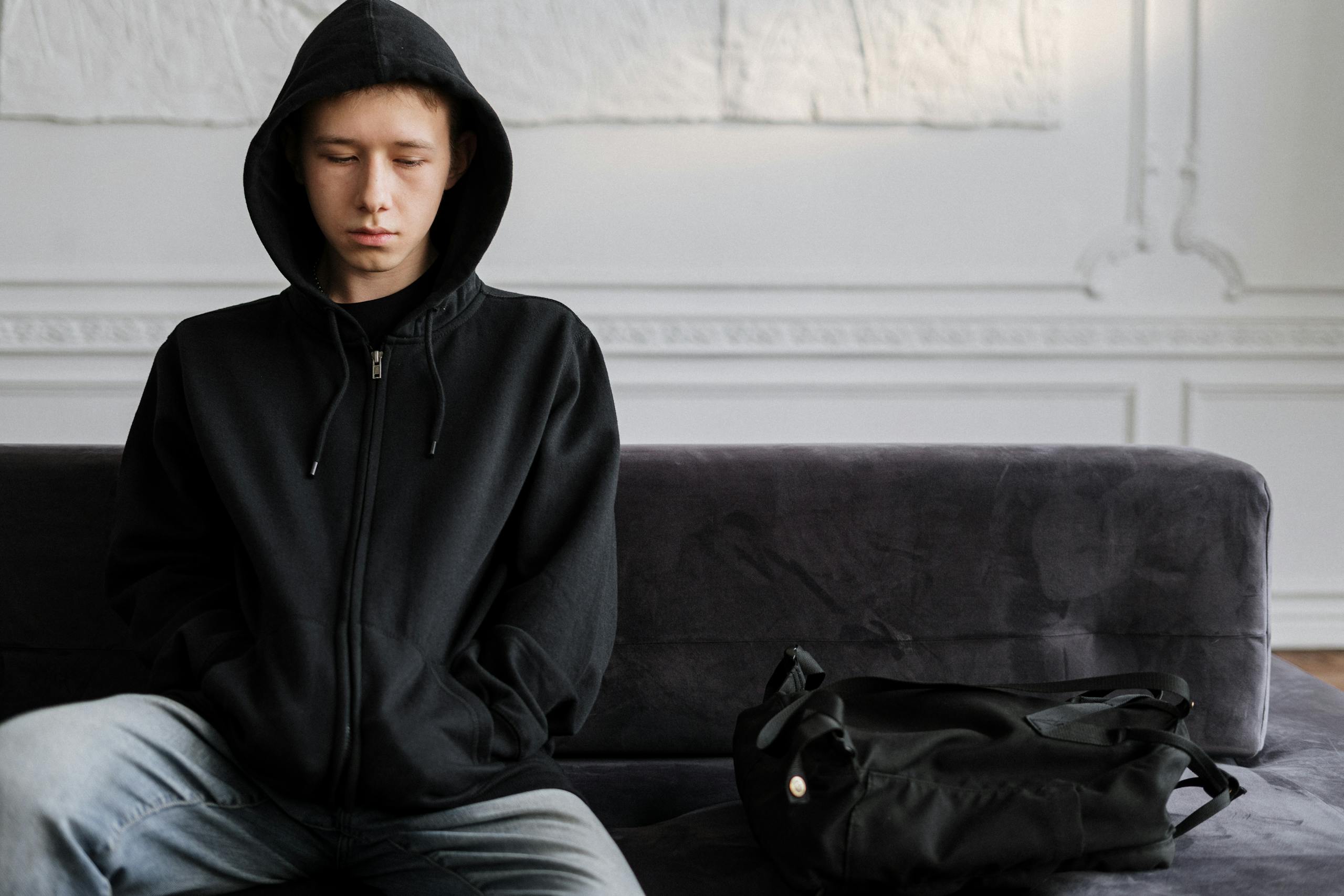Feel like yourself again — one honest conversation at a time
Psychotherapy for Social Anxiety
Social anxiety doesn’t always mean avoiding every interaction — sometimes it’s replaying conversations for hours, worrying you said the wrong thing, or feeling on edge in group settings. Whether it shows up as intense discomfort or a constant undercurrent of self-doubt, you don’t have to navigate it alone.
I offer psychotherapy for anxiety to individuals, couples, teens, and children. These sessions are offered in-person at my Kingston office (corner of Princess Street and Sydenham Road), virtually anywhere in Ontario or walk-and-talk is available on the K&P trail for ongoing clients.
For those experiencing social anxiety symptoms, I also run a group program grounded in Cognitive Behavioural Therapy (CBT) called Social Anxiety: Courage in Connection. Designed as an affordable alternative to individual psychotherapy, this group provides consistent weekly support with sessions that build week by week using structured, evidence-based strategies.
How Social Anxiety Might Show Up
- Avoiding certain situations, places, or people
- Overthinking or replaying conversations long after they’ve ended
- Feeling easily overwhelmed or overstimulated
- Racing thoughts or constant worry
- Seeking frequent reassurance or needing to control situations
- A persistent sense that something bad is going to happen
- Trouble concentrating or feeling “foggy”
- Difficulty falling or staying asleep
- Feeling tense, restless, or on edge
- Muscle tightness, jaw clenching, or frequent headaches
- Fast heartbeat, chest tightness, or shortness of breath
- Upset stomach, nausea, or digestive issues
- Irritability or sudden mood shifts

Frequently Asked Questions about Social Anxiety



Group Therapy
Social Anxiety
Courage in Connection
This is a 10-session therapy group designed to support individuals struggling with social anxiety. Through practical strategies and guided exercises rooted in evidence-based approaches like CBT, you’ll learn to understand the patterns that fuel anxiety in social situations and develop tools to navigate them with greater ease. Week by week, we’ll explore ways to challenge unhelpful thoughts, reduce avoidance and safety behaviours, and build more confidence in how you show up with others—helping you reconnect with the world around you, and most importantly, with yourself.
Learn more about this CBT Group on Social Anxiety
Ready to Book?
Booking a psychotherapy appointment is simple and straightforward through my secure Jane platform. Just choose a time that fits your schedule—no back-and-forth emails needed. Evening and weekend appointments are available. I’m here when you’re ready to begin.
Still have more questions?
Check out my FAQ section for more information or contact me.

